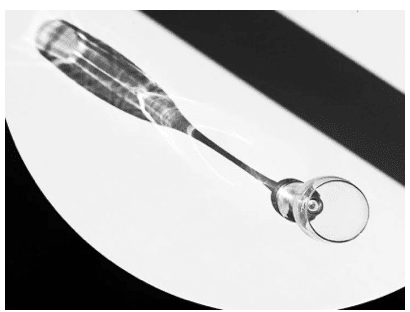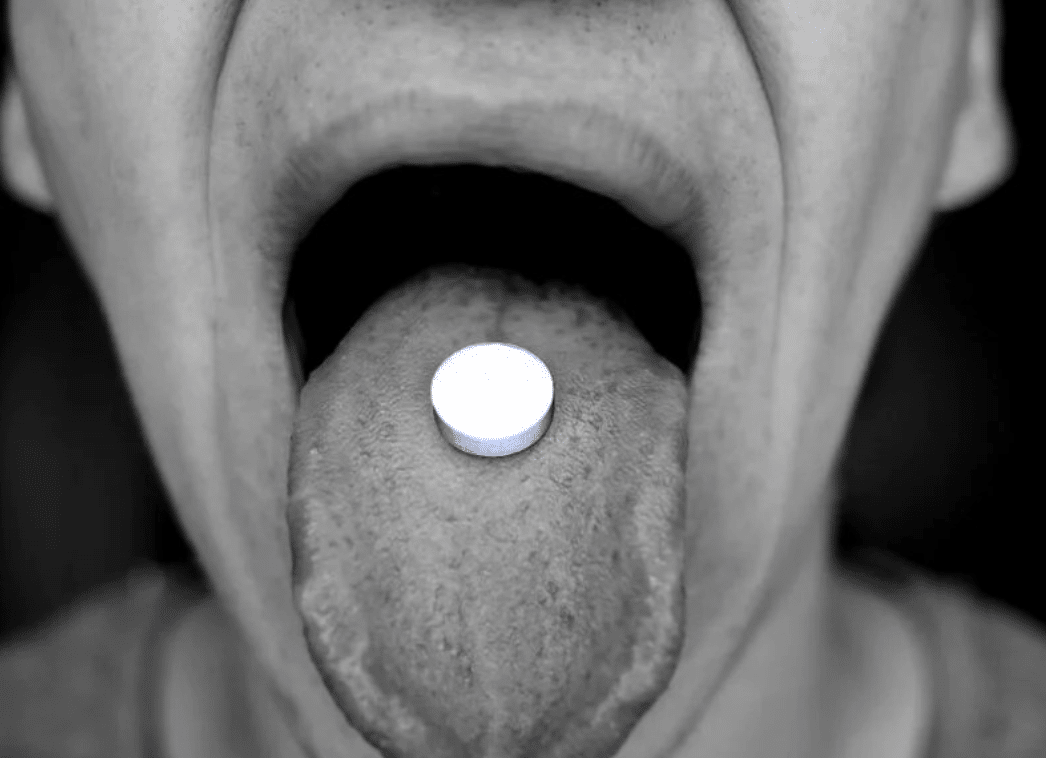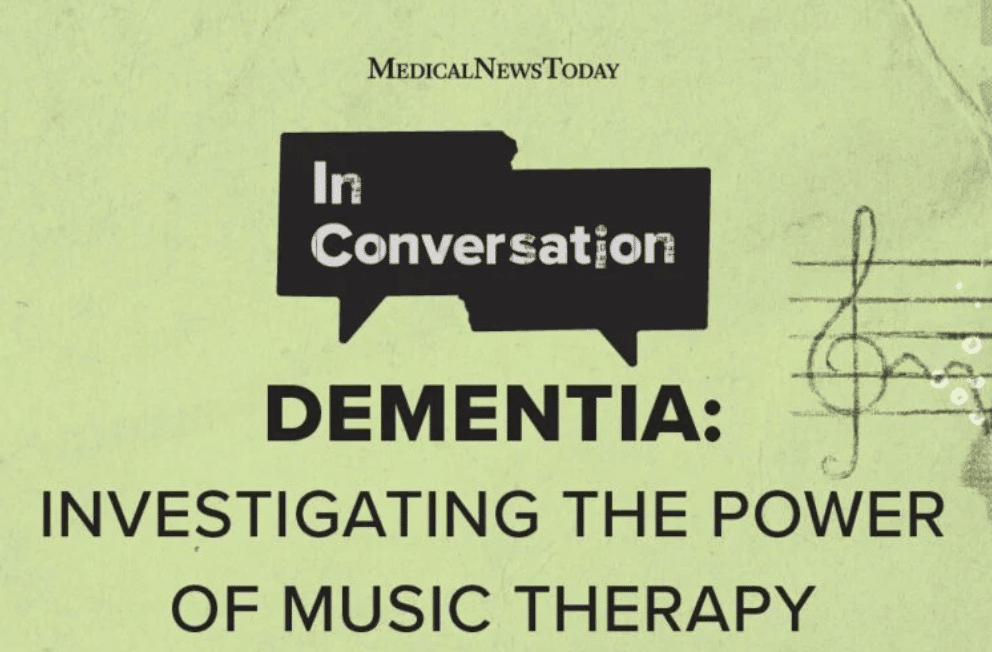An underactive thyroid is not always the easiest thing to pinpoint when you have so many symptoms that seem random to you. And only more recently are doctors starting to recognize that an unbalanced thyroid can have an impact not only on your physical health but your mental health as well. The symptoms of hypothyroidism can also look like symptoms of other health issues, thus getting the proper diagnosis can take a long time. If you see your doctor and share your symptoms of stress, fatigue, anxiety or depression, she may place you on antidepressants.
This may occur even after the blood work with the TSH test done.
Stress, depression, anxiety, tiredness, and other emotional and mental states can mask a thyroid imbalance. Depression is now the number one mental illness (it used to be anxiety) but are we not looking deep enough to find out what may be causing the high rate of these mental health issues? Not to say that hypothyroidism is at the root of all mental health issues but it should be looked at thoroughly and from a functional range standpoint before it can be ruled out.
If you had your thyroid tested you ideally want your TSH levels to be in the range from 1.8-2.8 mIU/L. (others state that most feel better when their TSH is in the range of .8-2.5)
Normal TSH lab results are considered in the range of .50-5.00. Some labs have updated this and set the upper limit to 3.0 mIU/L. What if your levels fall into this range yet you have many of the low thyroid symptoms? Hopefully your doctor did a complete panel to look also at your T4 and T3 ranges. It is possible to have signs of hypothyroidism when your TSH levels are within what is considered the “normal range”.
The issue most often arises when your doctor only tests TSH and this is in the “normal” range. The worst part is when you hear the doctor say “Your blood work is great. You are fine”. Yet, you don’t feel fine. Instead they tell you it is in your head and prescribe an antidepressant or anti-anxiety medication.
Reference ranges on lab work may differ from one lab to the next and from one geographic location to the next. Experts recommend testing 120-200 patient samples for establishment of a statistically significant reference interval. What I don’t like about these ranges provided on standard blood work is that it is there to diagnose disease for the most part, not to prevent disease. The other issue I have is that these ranges are based on the patient samples. Look at the average American nowadays. Does the image of health come to your mind or one of an unhealthy overweight person?
Functional ranges look at a smaller range so that health issues can be addressed before it turns into a full -blown disease.
Make sure all parts of the thyroid get tested. You can have normal TSH and still have low thyroid. Your T4 converts into T3 which is the active form of thyroid hormone and this conversion happens in the liver and needs an enzyme group and selenium to make this conversion. Some doctors test TSH and T4 and still all looks good. You want to see the T3 test results too! Essentially you want all the pieces to the puzzle not just a few.
Functions of the Thyroid
- Supports hair and skin health
- Supports bone density
- Controls respiration rate
- Supports conversion of beta-carotene to vitamin A
- Maintains body temperature and tolerance to extreme heat or cold
- Helps maintain muscle tautness
- Controls metabolism-it controls the speed of every chemical reaction in all cells
- Controls the rate at which cells burn fuel for energy
- Supports mental acuity and memory
- Supports serotonin synthesis
- Sets heart rate tempo
- Regulates cholesterol
What Causes Hypothyroidism?
- Most common cause is auto-antibodies such as in Hashimoto’s disease (an autoimmune condition)
o Hashimoto’s is 7x more common in women, age of onset is usually 40-60 but 1-2% of school age children can be affected.
- Genetics can play a role in autoimmune hypothyroid
- Those with Hashimoto’s also have a prevalence for celiac disease
- Thyroid cancer
- Medications such as lithium, excess estrogen (i.e.: birth control pills), estrogen dominance
- Cofactor deficiencies such as iodine, zinc, c, selenium, iron, vitamins A and B complex (can be caused from excessive dieting, anorexia)
- Stress/elevated cortisol
- Excess halogens (i.e.: chlorine/chloride, bromide, fluoride)
- Leaky gut syndrome
- Food sensitivity
- Candida
The Difference Between Hypothyroidism and Hashimotos
Hashimoto’s is an autoimmune disease that effects the thyroid gland. The antibodies react against the proteins in your thyroid gland causing gradual destruction of the gland itself. This makes it unable to produce the thyroid hormones your body needs. It is essentially attacking self and seeing self wrongly as an invader. If your thyroid issue turns out to be Hashimotos than you have an autoimmune disease (AI). All AI diseases need immune and gut support from a holistic perspective.
With Hashimotos disease, you can have periods where your thyroid is functioning properly or even over active and you may have temporary hyperthyroid symptoms and then you return to hypothyroidism symptoms. This cycling back and forth is common with Hashimotos. For instance, you may feel for a period, anxious, can’t sleep, have diarrhea, and weight loss and then followed by a period of depression, fatigue, constipation and weight gain. Eventually, as the attack continues, the gland will over time have less ability to function.
Hypothyroidism is not a disease but is a condition. It is a state of a sluggish thyroid. With hypothyroidism, you have a problem with your gland. With Hashimotos you have a problem with your immune function.
How Do I Know if I Have Low Thyroid/Hypothyroidism?
Symptoms Include:
- Loss out outer 1/3 of eyebrow
- Yellow bumps on eyelid
- Chronic constipation
- Depression, moodiness
- Fatigue/chronic
- Excess hair loss/thinning hair
- Weight gain/slow metabolism
- Cold hands and feet
- PMS
- Cry easily
- Dry flaky skin
- Nervousness
- Slow heart rate and/or heart palpitations
- Muscle weakness
- Feel better post exercise
- Can’t breathe deeply enough
- Poor memory/brain fog
- Low body temperature
- Excessive sleeping
- Trouble getting up in the morning
- Increased number of infections
- Dizziness/vertigo
- Lack of sweating when exercising
- High cholesterol
- Rheumatoid Arthritis
- Digestive issues (GERD, acid reflux, upset stomach, bloat, gas )
If you suspect low thyroid, see you doctor and ask for a hormone panel that looks at not just your thyroid stimulating hormone (TSH) but your T4 and Free T3 and an antibody test as well to look for autoimmune hypothyroid.
Thyroid Dysfunction Causes
Insulin imbalance: This can happen when you are eating a diet filled with processed, refined carbs and sugar along with weight gain. This poor blood sugar control can also contribute to dysbiosis which is when the gut microbiome is out of balance. This impaired gut health can lead to poor immune function, can stress the adrenals, slows your body’s natural detox process and can lead to hormonal imbalances. These health issues can also contribute to poor thyroid function.
Stress: Not just one stressful event, but the daily chronic stress can place a burden on the adrenal glands and can alter the brains communication with the thyroid. Stress can slow the conversion of T4 to the active form, T3, can slow the detox process of the liver, and can contribute to leaky gut syndrome. This can lead to immune dysfunction which contributes to an increased risk of Hashimoto’s, an autoimmune thyroid condition.
If you have adrenal fatigue, your thyroid gland can eventually wear out and lead to sluggish thyroid function.
Gut infection: It is possible that correcting a gut infection such as H pylori can have a positive impact on the thyroid, especially for those with Hashimotos. There is not a lot of research in this area but a study of ten patients did show this to be effective. In order to heal a gut infection one must support gut health first with diet and nutrition and then address the gut infection. If you address the infection first without supporting your body it is possible that it will be difficult to rid the body of the infection.
Toxins: Research is showing that toxins may be responsible for changes in thyroid function. This research focused on flame retardant chemicals. Living in a home with a high amount of flame retardant chemicals has been shown to be linked to an increased rate of thyroid cancer.
Fluoride: A British study found a strong correlation between the areas where fluoride content was highest with a higher risk of developing hypothyroidism. It was found that areas that had fluoride levels above .3 milligrams per liter (mg/L), the risk rose by 30%. In the US the minimum standards for drinking water fluoridation are set at .7 mg/L. This means that if you live in the US your risk of hypothyroidism may be even greater. If you want to know if fluoride has been added to your water, get a water report at http://www.ofmpub.epa.gov
Support Your Thyroid with Nutrition
g
- Go gluten free: based on surveys many have found that a gluten free diet is one of most helpful interventions when dealing with hypothyroidism. Check your thyroid medications to make sure they are gluten free as most are but some are not! Visit glutenfreedrugs.com to check your medications.
- Go Casein Free: Some people also find they do better without dairy in the diet as well. Dairy sensitivity testing is an option or remove dairy for several weeks and note how you feel. Check packaging for hidden dairy. Go to enterolab.com for stool testing
- Check your gut health: gut disorders such as celiac and h-pylori can interfere with the absorption of thyroid medications. If you want to know more about the gut and thyroid connection read “Hashimoto’s- the root cause” by Dr. Wentz.
- Balance your blood sugar: Include protein and fat with every meal, eat every two to three hours at first and then as blood sugar balances you can go longer without eating; avoid fruit juice and processed foods; eat within one hour of wakening; don’t fast and if you eat carbs add some protein and fat to them.
- Get your adrenals checked for adrenal fatigue: Questionnaires are available online, read Adrenal Fatigue by Dr. Wilson or take an adrenal salivary index test from direct labs. (Most doctors will mention this saliva at home test) Support your adrenals by reducing caffeine, add in relaxation techniques such as yoga or meditation, include Adaptogenic herbs, get plenty of rest and balance blood sugar!
- Include iodine rich foods for thyroid support such as sea vegetables and sea food, shellfish, iodized salt (switch out table salt for Himalayan or Celtic sea salt). Iodine’s main function is the synthesis of thyroid hormones. (note: test first, if you have Hashimoto’s you may not need iodine and may want to avoid iodine supplementation)
- Water Filtration System: Fluoride in the water can block the uptake of iodine. Purchase one that also removes chlorine. The one that I use is the Berkey (www.berkeyfilters.com)
- Tyrosine which can be found in cottage cheese, beef top sirloin, turkey and eggs
- B complex: to get more of your B’s in the diet include nutritional yeast, organ meats, fish, poultry, eggs, nuts seeds, mushrooms and avocado and leafy greens (animal products are the only natural source of B12)
- Selenium: low selenium correlates with low thyroid. Add in brazil nuts, crimini mushrooms, garlic, beef, fish, seafood, turkey and chicken (celiac malabsorption can cause selenium deficiency)
- Zinc: pumpkin seeds, seafood, meat, eggs, lamb, peas,
- Essential Fatty Acids: salmon, sardines, mackerel, canned white tuna, chia seeds, walnuts, pastured eggs, flax oil,
- Ashwagandha: This Adaptogenic herb is known to help you adapt to stress and can help to balance hormones, including the thyroid. It can be useful to balance cortisol, promote insulin sensitivity, and stabilize your mood.
- Guggul: This herb may enhance the conversion of T4 to T3.
- Vitamin A: butter, egg yolk, whole milk, shrimp
- Vitamin D3: cod liver oil, seafood, eggs, liver, shiitake mushrooms, oysters, salmon, sardines, herring,
- Vitamin C: yellow bell peppers, strawberries, oranges, limes, broccoli, kale, snow peas, watermelon, cabbage and white potato
- Iron: iron supplementation is not recommended for postmenopausal women or adult males as too much iron can be toxic. Iron is a competitive nutrient competing with 10 other vitamins and minerals and thus iron should be taken away from your multivitamin/mineral. Iron rich foods include liver, oysters, mussels, beef, fish, poultry, kidney beans, lentils, potato with the skin on, cashew nuts and tofu.
- Thyroid Supplementation: use natural whole thyroid products as you need all parts of the thyroid, not just T4 and/or T3. If you have Hashimoto’s then start with a T3/T4 medication and then while supporting the body, switch to a natural whole thyroid supplement-the reason being that for some the whole thyroid product may initially cause more antibody production.
- Eat balanced meals throughout the day, add color, variety to your plate, eat whole living foods!
- AVOID: Bromine. This is found in pesticides, plastics, commercial baked goods, soft drinks and fire retardants. Bromine may play a role in poor iodine uptake and may lead to iodine insufficiency.
- AVOID: processed soy products. Avoid sulfa drugs or antihistamines unless necessary.
A Word of Caution: Please note that a holistic nutritionist will address hypothyroidism and Hashimotos differently. For instance, you may need to reduce goitrogenic foods in the raw state for hypothyroidism but not for Hashimoto’s. For AI, you will need to support the immune system. Work with a professional who can help you feel better. If your test results do determine low thyroid, it is still very important to rule out an AI thyroid condition!
How many pounds have you lost this month? At Dieta Efectiva you can lose 10-12 lbs your first week and 2 – 5 lbs every week after. Visit us dietaefectiva.net to learn more about our program
NN:DT







